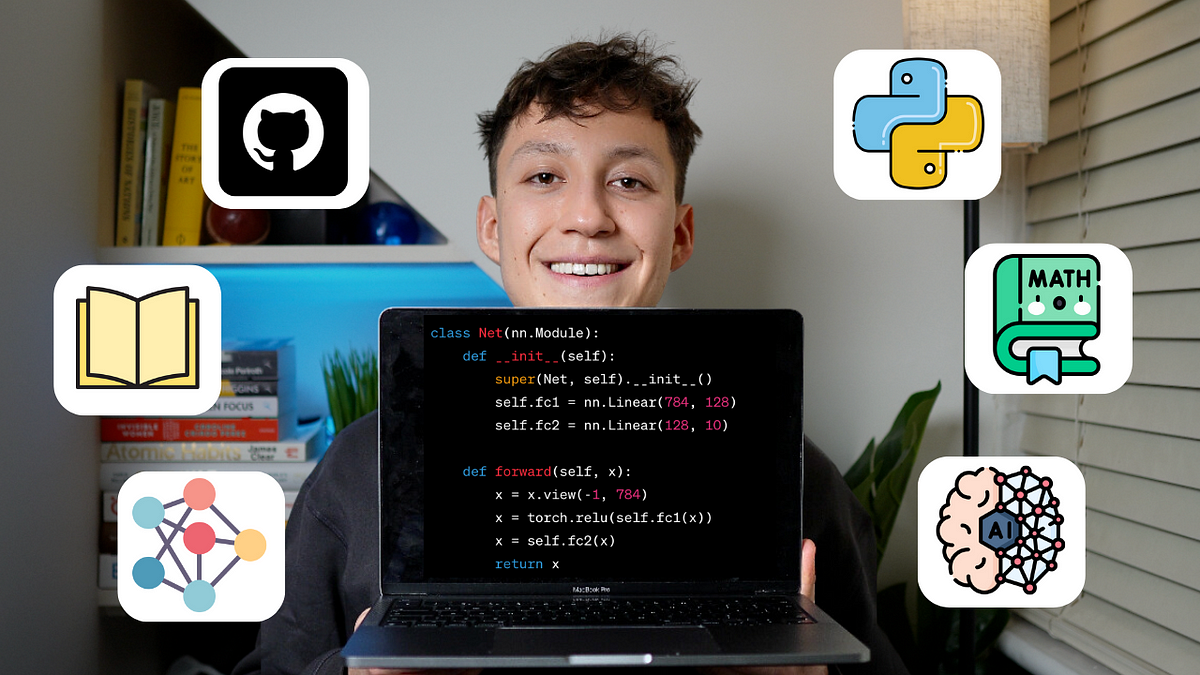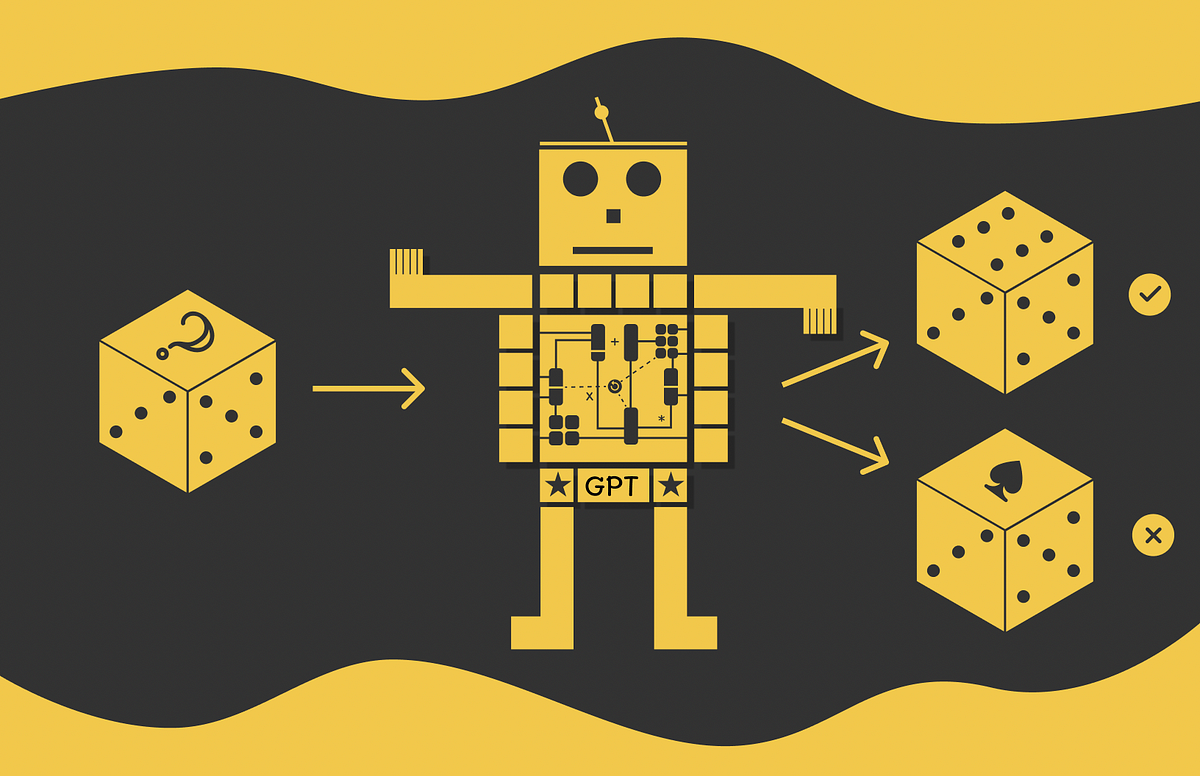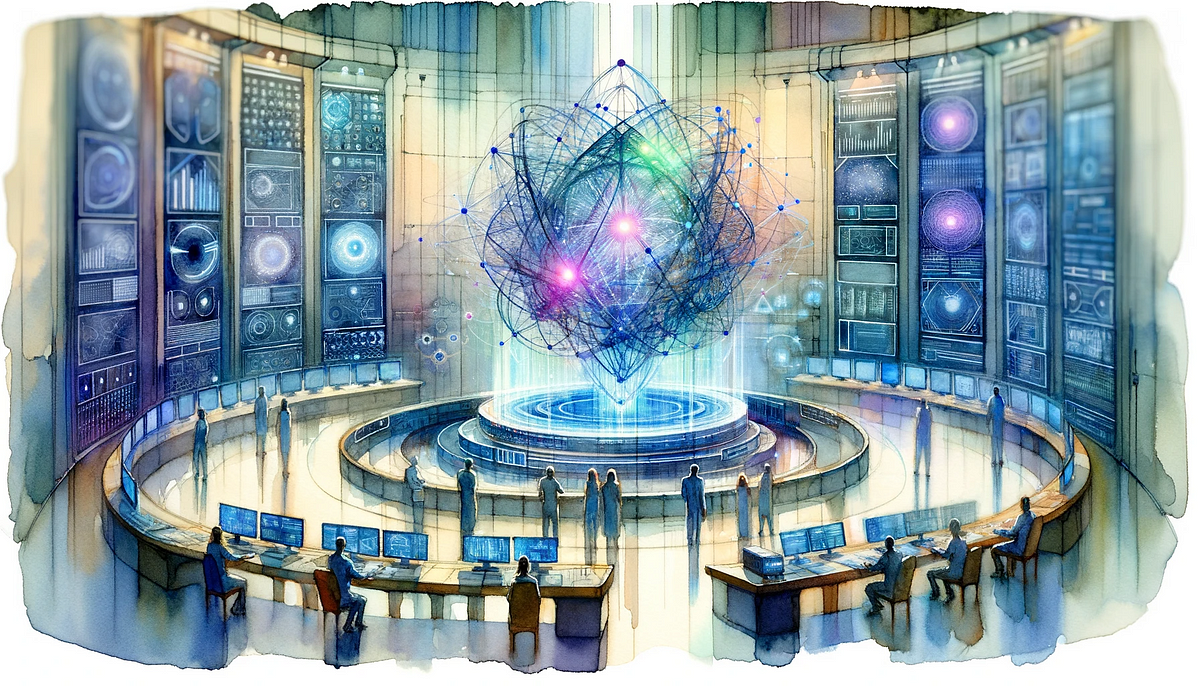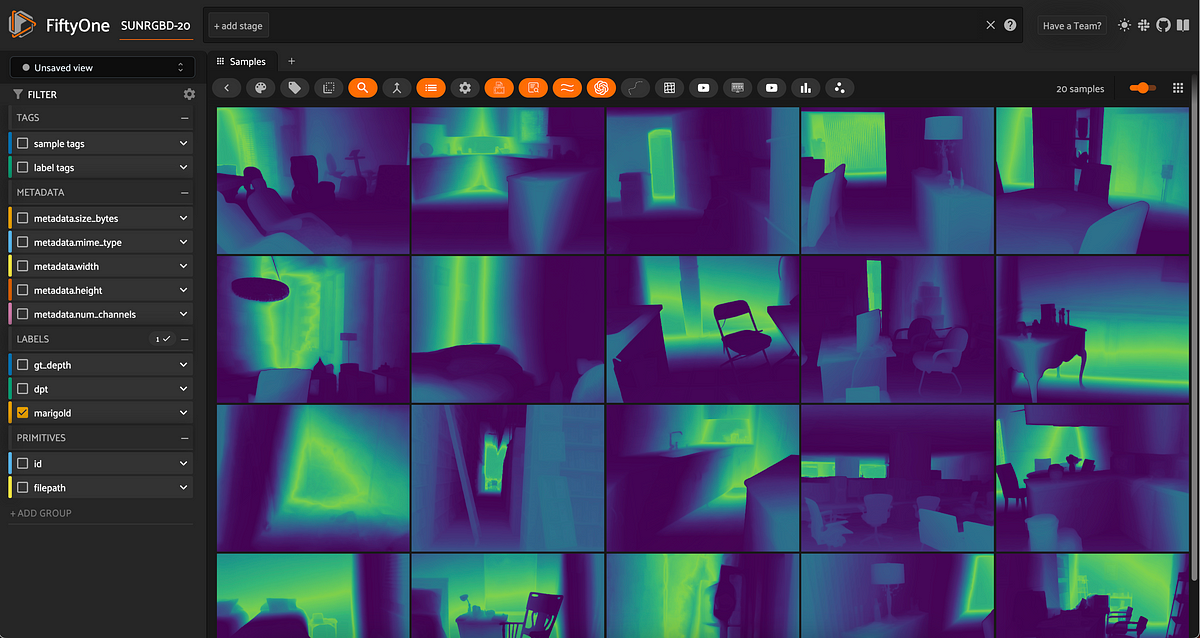Machine learning revolves around algorithms, which are essentially a series of mathematical operations. These algorithms can be implemented through various methods and in numerous programming languages, yet their underlying mathematical principles are the same. A frequent argument is that you don’t need to know maths for machine learning because most modern-day libraries and packages abstract…











